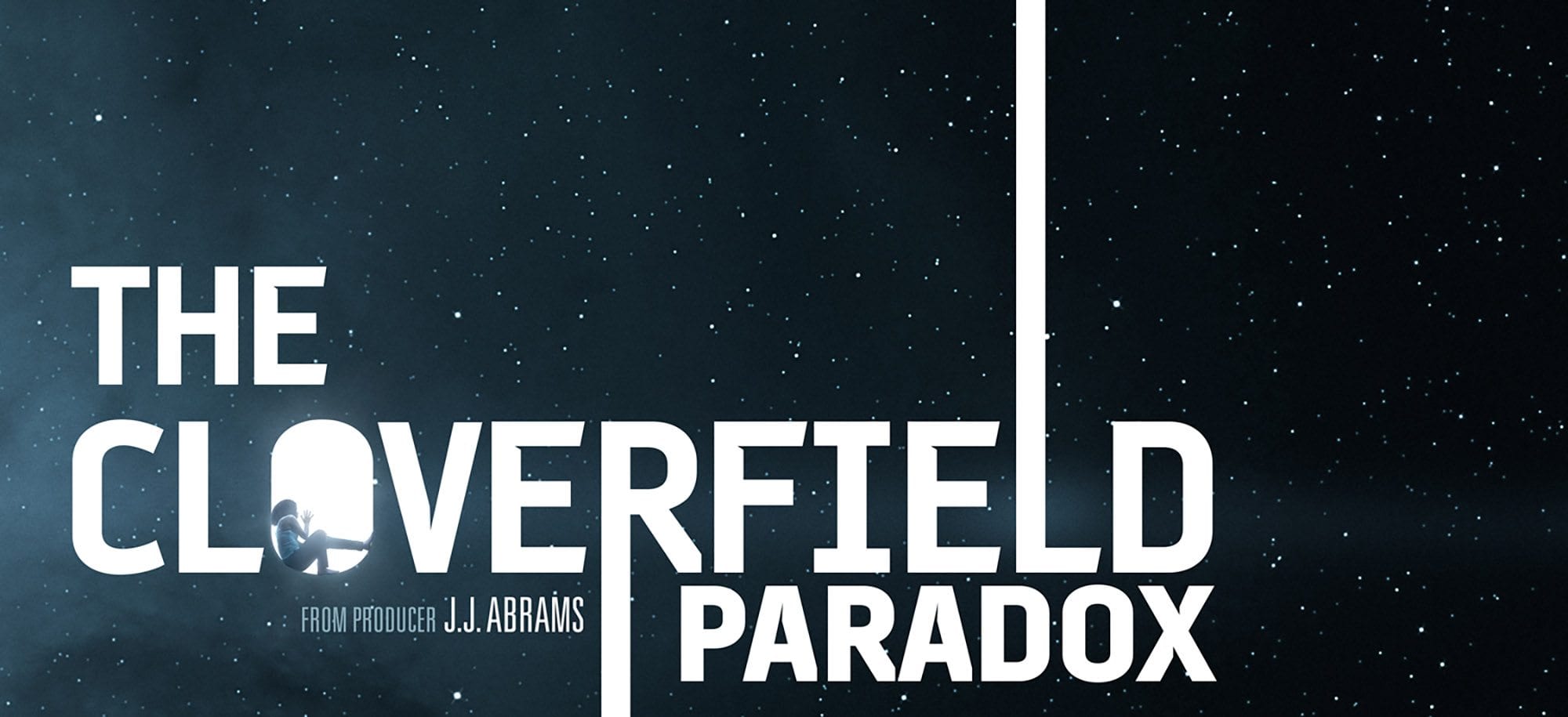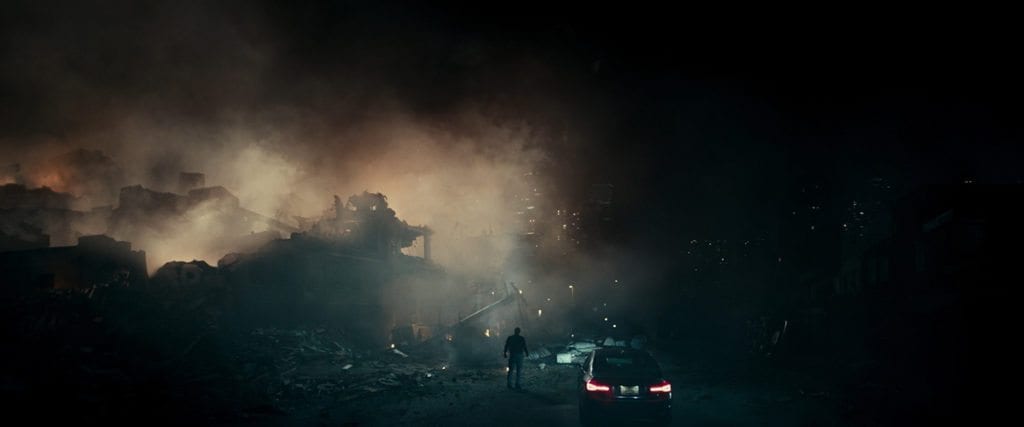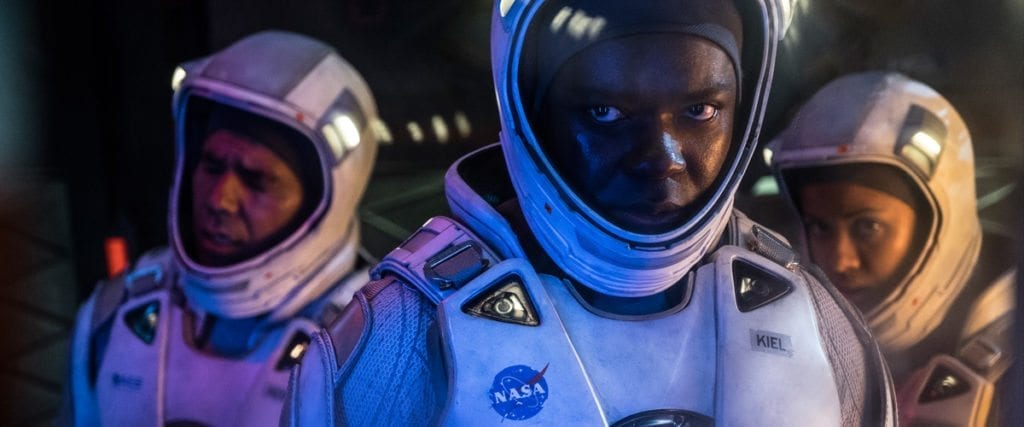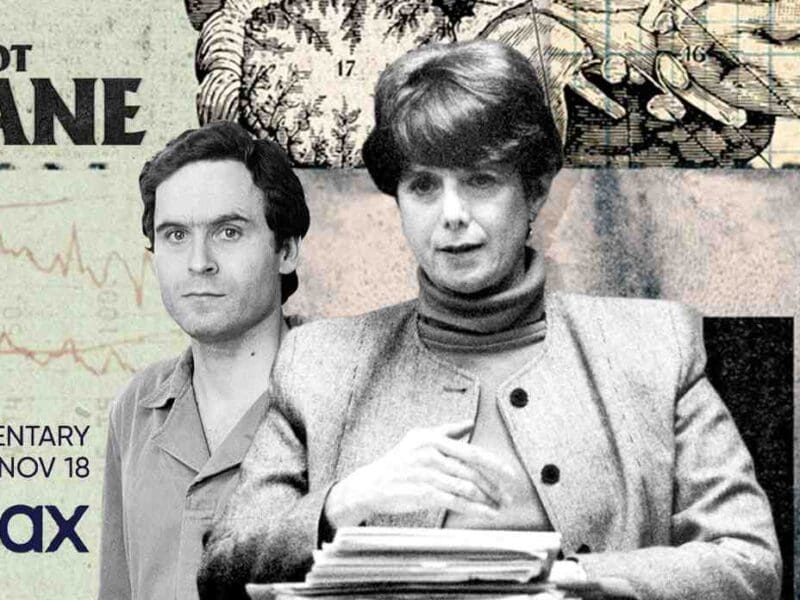
Netflix ‘n’ sell: ‘The Cloverfield Paradox’ anoints new marketing rules
Prior to a single trailer aired during a commercial break of the Super Bowl, The Cloverfield Paradox was little more than a mystery. There were rumors Netflix had acquired something from Paramount called God Particle. Aside from scant plot synopses and minor details, little else was known and there were certainly no marketing or official announcements made in the lead-up to its release.
On Sunday night, however, Netflix confidently sashayed into the competitive arena of Super Bowl advertising, dropping a trailer seemingly out of nowhere that ended with the swaggering statement: “only on Netflix tonight”. The trailer reportedly cost Netflix $7.7 million to screen during the Super Bowl, where it was seen by around 103.4 million viewers.
Netflix is notoriously elusive in releasing streaming data, so it’s difficult to know just how effective this particular marketing gimmick was in drawing a post-Super Bowl audience in to watch the movie after the game.
Crucially that data isn’t as important as the message that Netflix delivered with the bombshell commercial: they advertised the movie in a manner pleasingly familiar to fans of the virally marketed Cloverfield franchise, while also positioning Netflix as innovators. While other movies were sticking to tried and tested methods of movie marketing with full trailers like Mission: Impossible — Fallout or mere teasers for full trailers like Solo: A Star Wars Story, Netflix took a risk.
Surprises and mysteries: The viral-marketing foundations of the Cloverfield franchise

A decade ago, the groundbreaking advertising campaign for the first Cloverfield movie sent the internet into a meltdown. A teaser previewed before the first Transformers movie provided the mysterious spectacle of home-video footage that appeared to show a city under attack. The trailer ended with the now-iconic shot: Lady Liberty’s decapitated head smashing through the streets of New York and a distinct lack of title. Besides its release date of 1-18-08, nothing else was known about Cloverfield.
The months following the release of the teaser saw movie fans sharing theories and digging for clues. An obscure website appeared under the URL of 1-18-08 which offered coded images and strange hints. The movie became a participatory event, one that traded mystery for marketing and which made the payoff of the final movie all the more exciting. In the weeks leading up to The Cloverfield Paradox, this same website was used to tease an obscure hint a new story was imminent.
In 2016, 10 Cloverfield Lane again received little other marketing or announcements made regarding it than a single trailer dropped just two months prior to release. By continuing the tradition, Netflix ignored traditional movie marketing structures not as a self-serving gimmick, but rather to meet the expectations of a ready-made fan base.
The Cloverfield Paradox bypassed traditional marketing – but was it successful?

Perhaps because it isn’t a colossal blockbuster, The Cloverfield Paradox didn’t create as much of a social media buzz by comparison to two other major Super Bowl trailers. The Hollywood Reporter revealed The Cloverfield Paradox garnered 41,000 conversations compared to the 109,000 conversations for Solo: A Star Wars Story and 161,000 conversations for Avengers: Infinity War.
For perspective, up until its Super Bowl trailer Solo: A Star Wars Story has also enjoyed a rather subdued marketing campaign. The Super Bowl preview trailer for Solo: A Star Wars Story teased just enough to have fans panting over it on social media – while leaving enough mystery so they’d still be talking about the full trailer the next day.
Avengers: Infinity War, on the other hand, was the second teaser for the Marvel blockbuster, revealing very little but nonetheless prompting fans to comb through it for hidden clues & details, including speculation that Captain Marvel is hiding in plain sight in it. Arguably, fans are participating in the marketing of the movie with their own theories and discussions in much the same way as fans did for the obscurity of the Cloverfield movies. But do fans deserve better?
Quit the teasing and jump straight to the movie

The marketing campaigns of both movies appear to be having the desired effect, but there’s something impressive about the manner with which Netflix got straight to the point in their delivery of The Cloverfield Paradox. Teasing movie fans for months on end in anticipation of a trailer, posters, or other images can become tiresome when all anyone actually wants is the finished product.
The Cloverfield franchise has maintained an enigmatic energy and sought to reward movie fans with an element of surprise – something arguably missing from the marketing of a lot of modern movies. With their Super Bowl trailer, Netflix sidestepped the build-up to simply deliver. In an age of on-demand streaming, it’s exactly what fans deserve – hopefully, it’s a tactic to be adopted by other movie studios and distributors to come.







